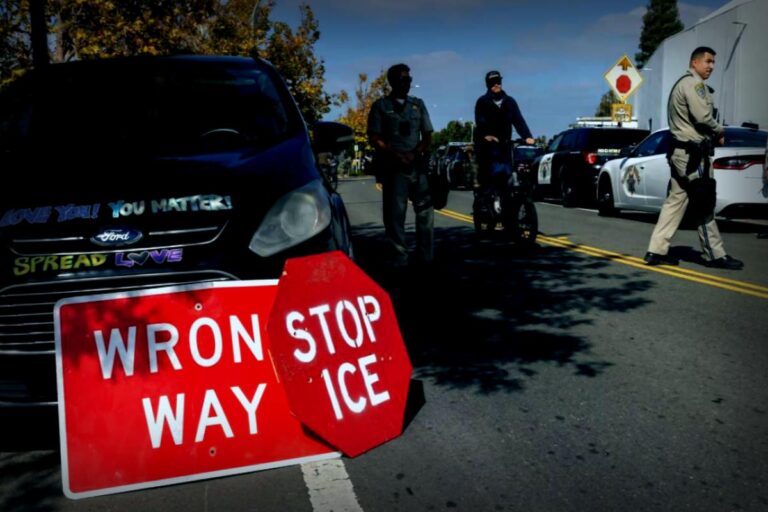El Salvador is stepping up its international fight against gangs since President Nayib Bukele announced a state of emergency back in March 2022, according to a revealing report by InSight Crime.
In this crackdown, the country has put out hundreds of Interpol red notices that have led to the capture of Salvadoran citizens far and wide—across Latin America, the U.S., and even Europe. A report from the National Civil Police (PNC) of El Salvador in May 2025 stated that 1,556 suspected gang members have been detained internationally and handed back to El Salvador as part of this initiative.
While these red notices aren’t exactly arrest warrants, they act as international alerts aimed at locating and provisionally detaining individuals for possible extradition. Surprisingly, El Salvador has one of the highest counts with over 800 active notices, which is quadruple the number of red alerts issued by Argentina, the second-highest in the region, as highlighted in the InSight Crime report.
This wave of arrests has built upon an internal effort that dramatically reshaped El Salvador’s justice and security frameworks. Since March 2022, more than 85,000 people have been jailed—making up about 1.5% of the nation’s population. Sadly, the prison population now exceeds 110,000, and reports indicate that at least 350 individuals have died in custody during this time, according to police statistics.
Although the government states that these strategies have notably weakened gang activities, human rights advocates raise serious concerns. They’ve documented cases of arbitrary detentions, abolishment of legal defense rights, and troubling violations of due process.
When it comes to international collaboration, the compliance has been mixed. Some neighbors like Guatemala, Honduras, and Mexico have accepted the red notices, meanwhile countries like Spain have turned down extradition requests, stating concerns over the potential human rights violations in Salvadoran prisons.
A recent incident sheds light on these complex issues. On March 24, 2025, Colombian officials arrested Salvadoran national Mateo Sebastián Pintor Rodríguez at the José María Córdoba International Airport in Rionegro after a red notice was activated by immigration controls. Reports indicate that El Salvador accuses him of fraud and extortion, and Colombian authorities have confirmed his arrest aligns with the red notice.
However, an investigation by InSight Crime uncovered legal documents suggesting that Sebastián had previously been acquitted of charges related to extortion in El Salvador and does not appear in the police files as a gang member.
“Sebastián’s situation showcases how the erosion of legal protections in El Salvador can lead to firecracker-like prosecutions of Salvadorans—beyond national borders and often based on dubious or manipulated charges,” InSight Crime notes. “This trend has also impacted human rights advocates, political dissenters, and journalists who are seeking safety abroad.”



















